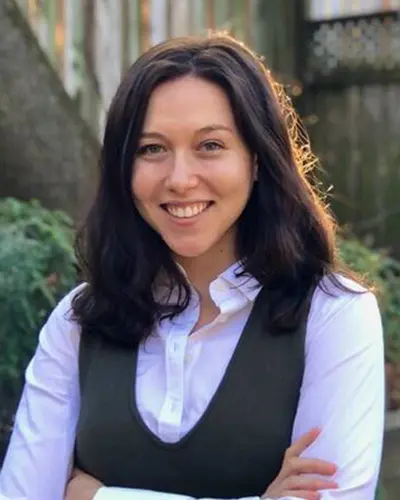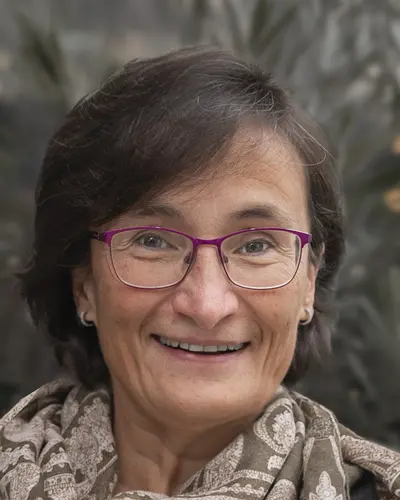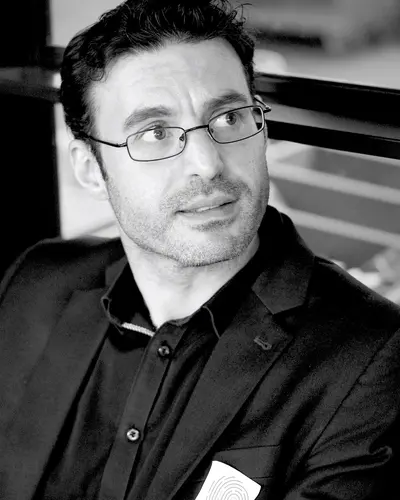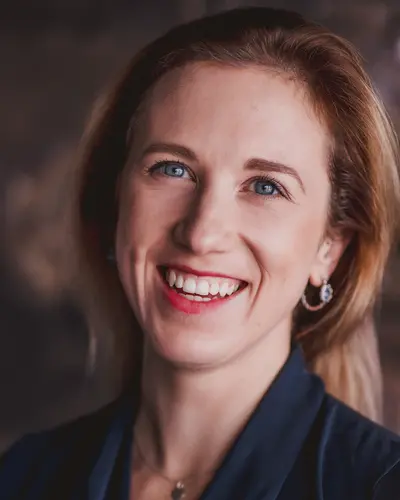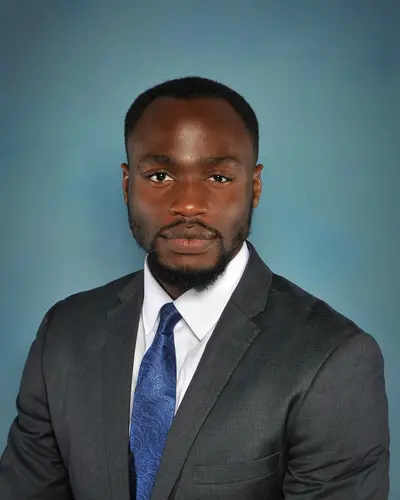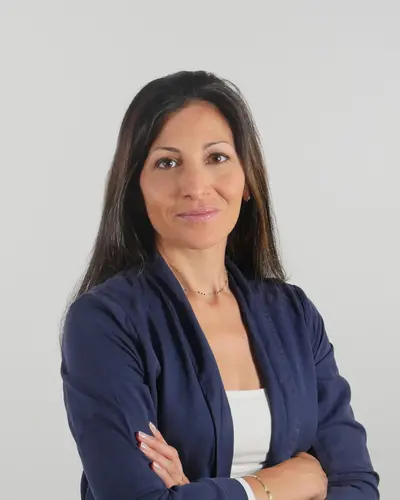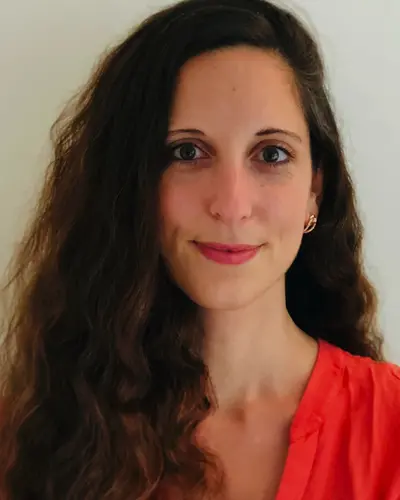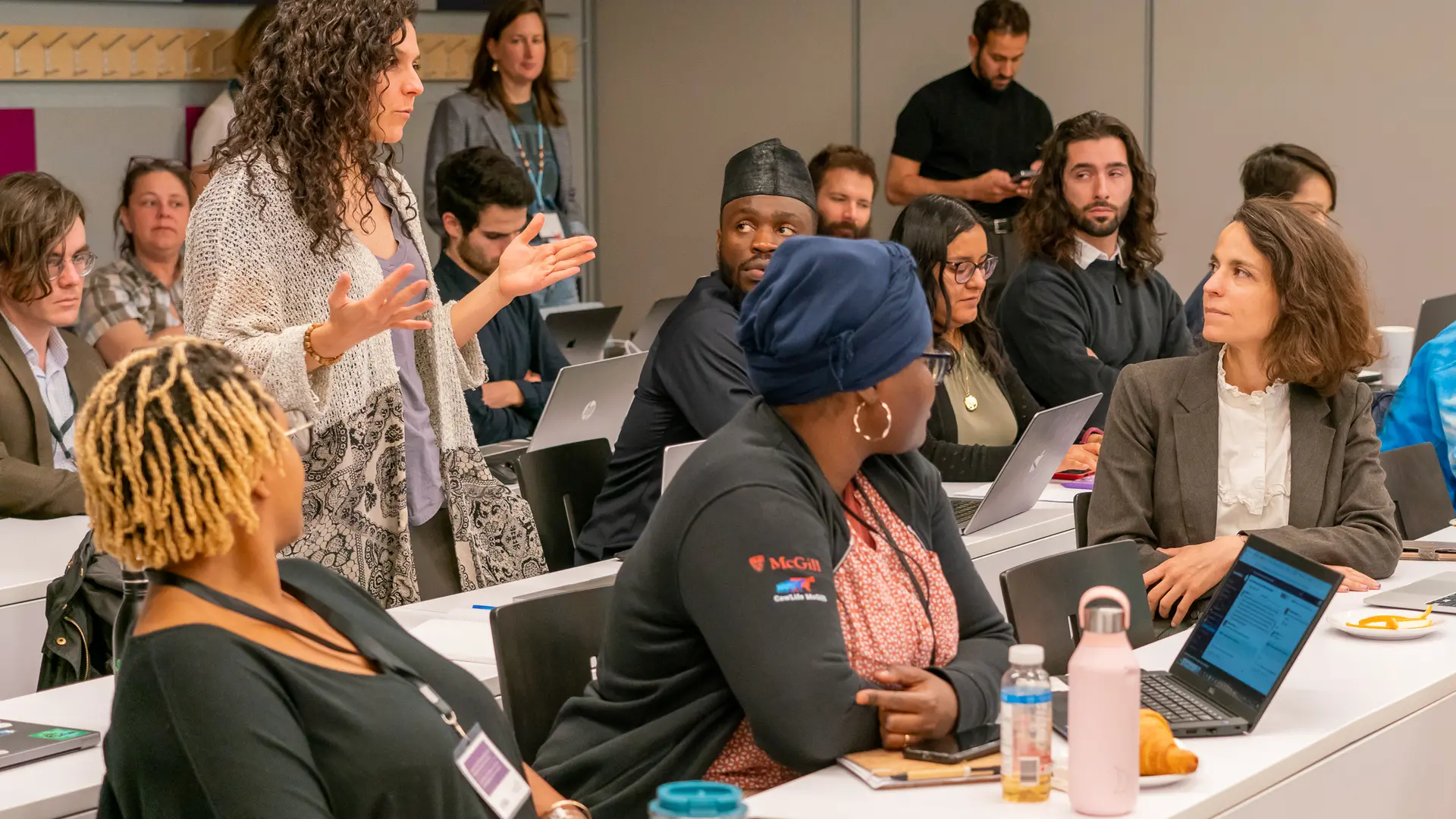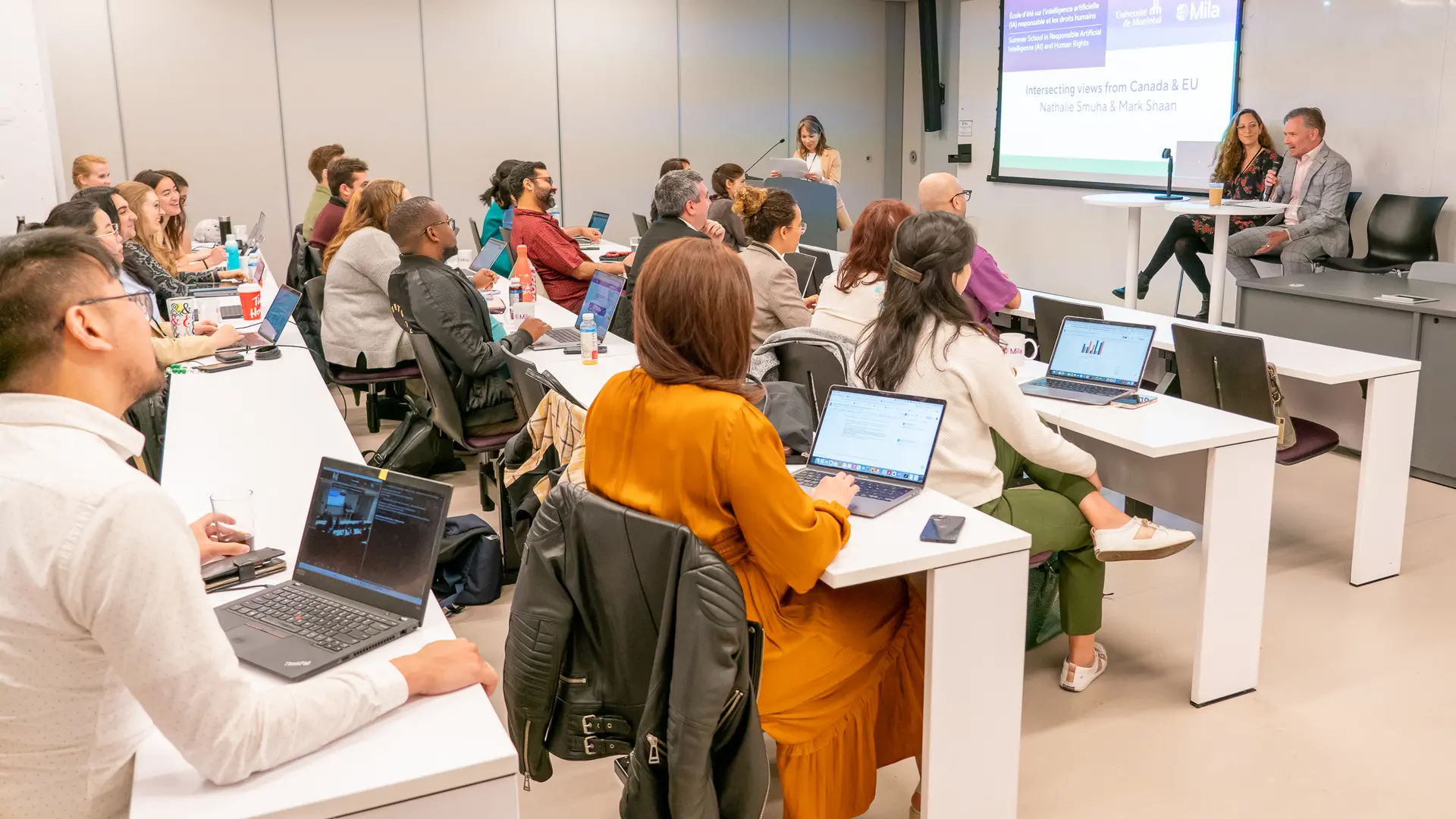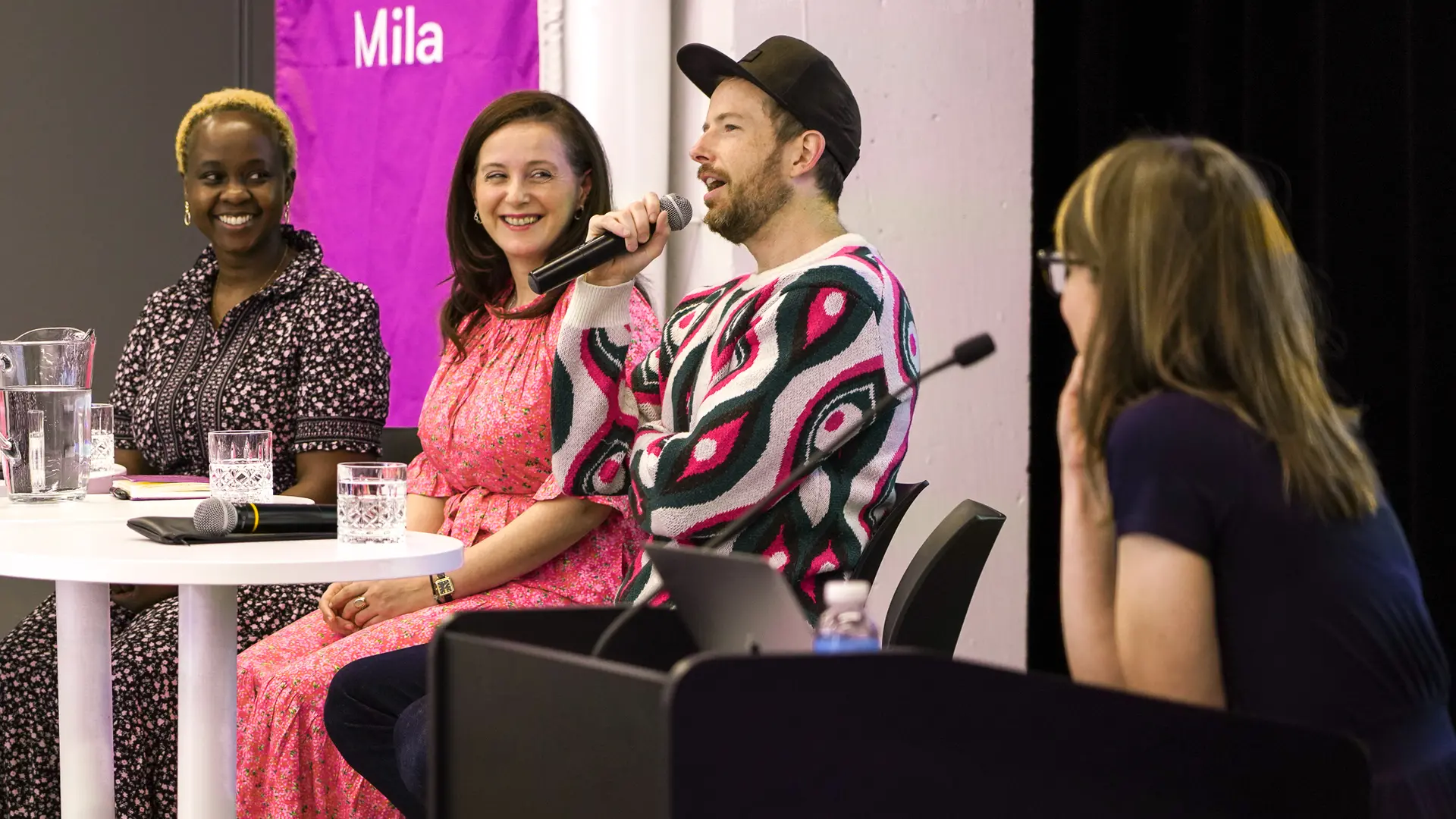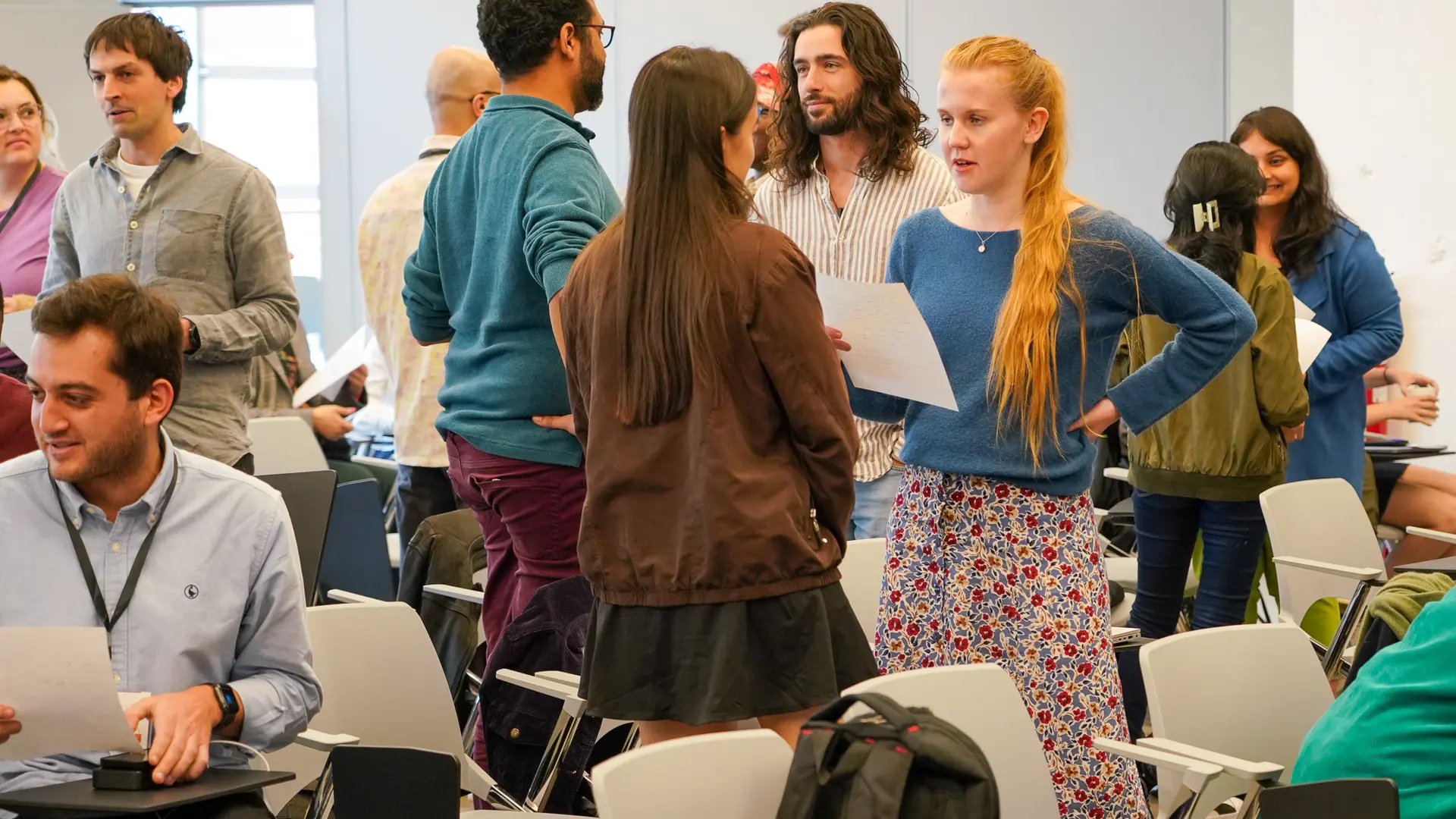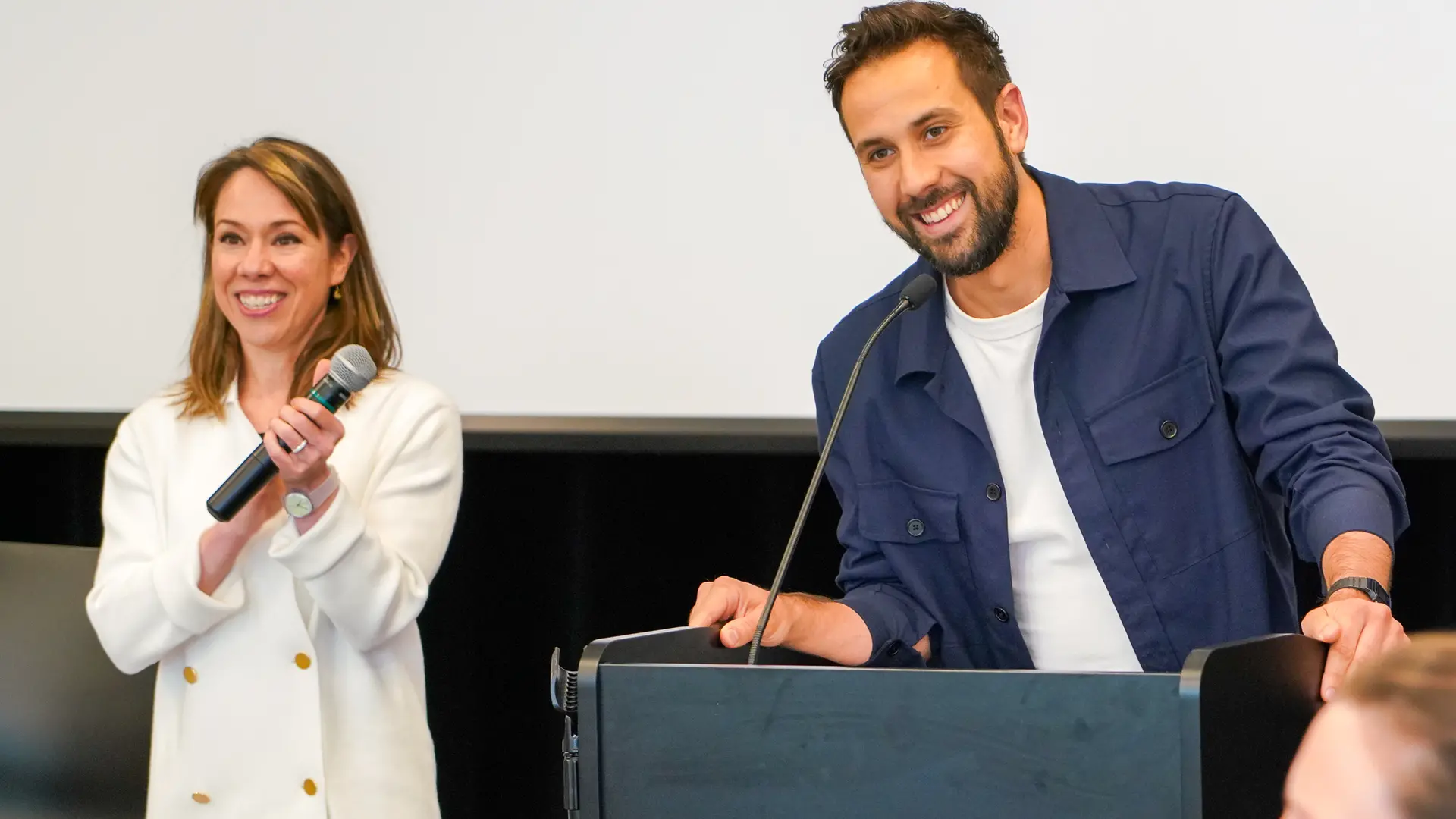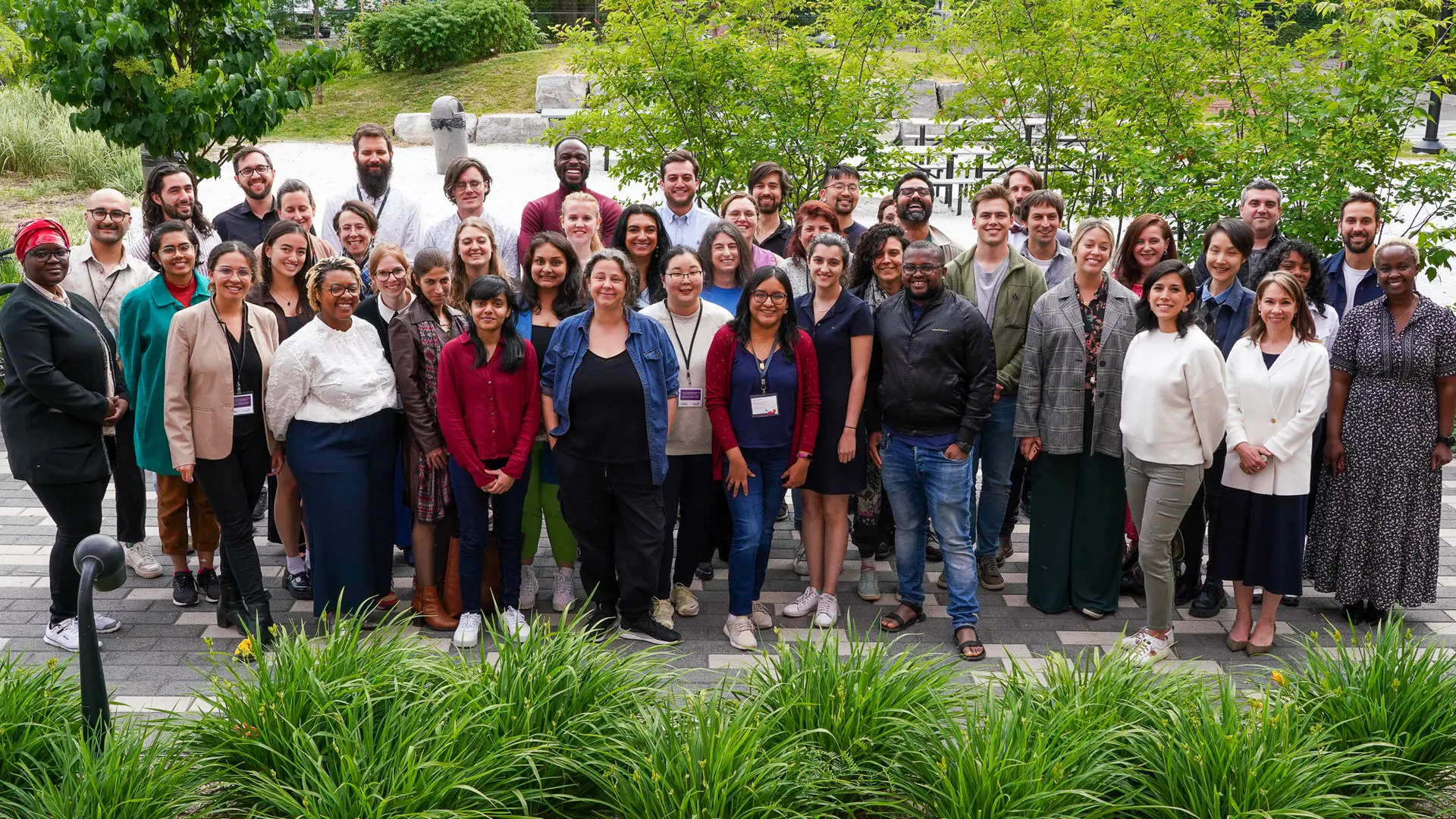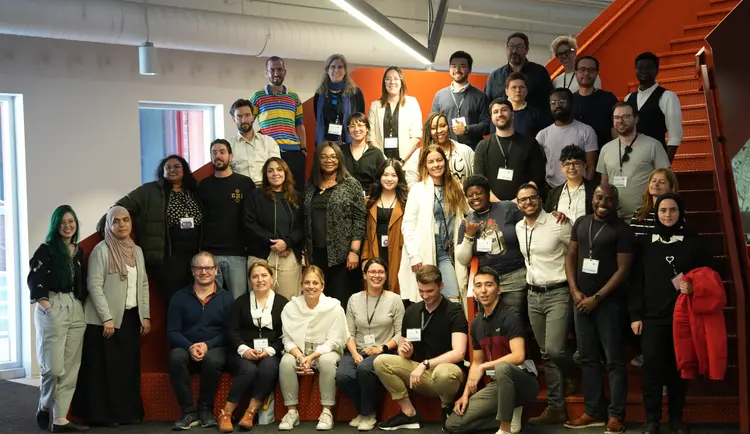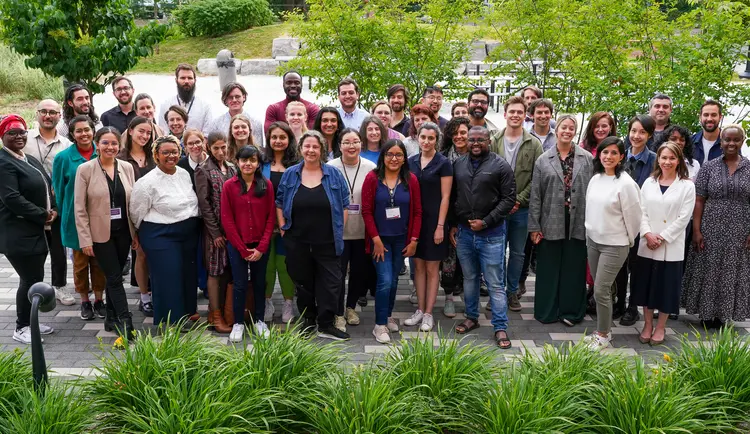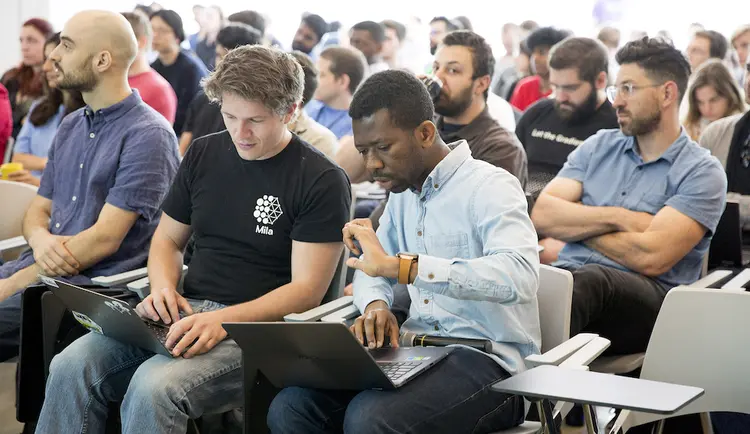We strongly believe that opportunities should be available to all, regardless of socio-economic status. We also recognize the richness of perspectives arising from ethnic, cultural, historical and geographical differences, but also the lack of opportunities for voices from outside western countries and cultures to contribute to the conversation around Responsible AI.
In order to ensure the fairness of our initiative, to attract people from various backgrounds and to include their voices, we provide a limited number of scholarships to participants with a proven need for financial support. The scholarships are designed to support participants who would not otherwise be able to cover any or all of the costs of Summer School. The bursary can help the recipient cover various expenses related to his/her participation in the Summer School, such as the cost of the summer school ticket, accommodation, travel. Eligible participants may come from less developed countries, disadvantaged socioeconomic environments and/or marginalized communities.
Due to the limited number of available scholarships, a note explaining why you believe you are eligible for the coverage of your expenses must be provided to us in your application. We encourage participants to include a detailed description of their situation and other forms of assistance or recognition they receive to support your application. Applicants should make sure to include an estimate of their summer school expenses to enable us to assess the needs of each applicant.
Individuals from all cultural and ethnic backgrounds are welcome at the summer school. Each participant in need of a visa will receive, upon request, a letter of invitation signed by Mila and the Université de Montréal. To find out if you need a visa or the approximate processing time based on your country of departure, click here. Finally, follow this link to find out what steps to take to apply for an entry visa into Canada.








